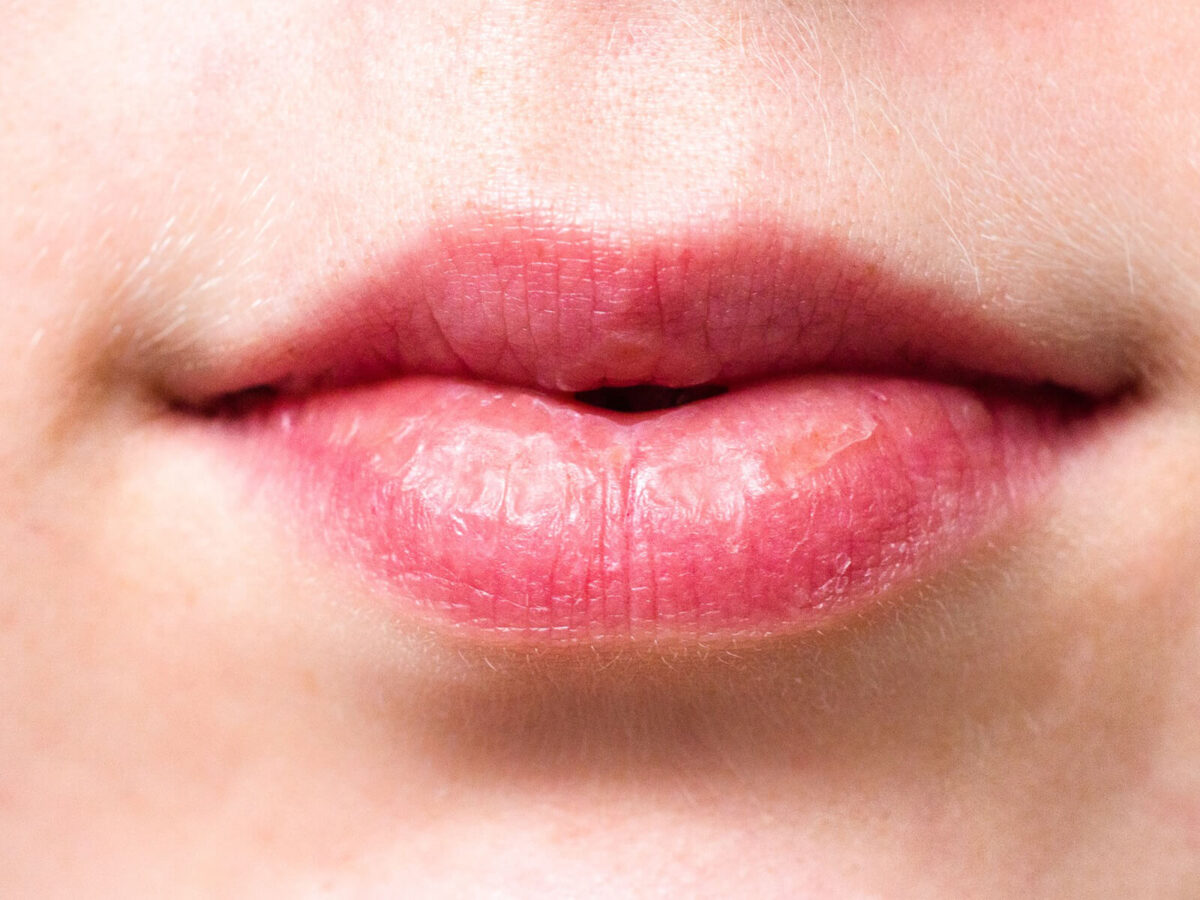Blog
Dental hygiene tips for healthy teeth & gums

Addressing And Treating Chronic Dry Mouth
Chronic dry mouth, known clinically as xerostomia, transcends mere inconvenience, presenting substantial risks to both oral health and overall well-being. The best Lytle Dentist TX, with deep expertise in addressing dental concerns, dives into the causes, consequences, and effective treatments for chronic dry mouth. This guide unfolds proactive strategies and professional interventions aimed at mitigating discomfort and protecting oral health.
Understanding Chronic Dry Mouth
Xerostomia manifests when the salivary glands don’t produce adequate saliva to keep the mouth moist. Saliva plays a pivotal role in oral health, neutralizing acids, facilitating digestion, and preventing bacterial proliferation. Absence or insufficient saliva can precipitate a host of dental issues, including tooth decay, gum disease, and difficulties in speaking or swallowing.
Causes of Chronic Dry Mouth
- Medications: A wide range of drugs, including those for blood pressure, depression, and allergies, can induce dry mouth as a side effect.
- Medical Conditions: Diseases like diabetes, Sjögren’s syndrome, and other autoimmune disorders can impair salivary gland function, leading to xerostomia.
- Dehydration: Insufficient fluid intake can diminish saliva production, exacerbating dry mouth conditions.
- Nerve Damage: Trauma or surgeries impacting nerves that control salivary glands may cause xerostomia.
- Aging: Natural decline in salivary gland functionality with age makes older adults more prone to chronic dry mouth.
Consequences of Chronic Dry Mouth
- Tooth Decay: Saliva’s acid-neutralizing and enamel-remineralizing capabilities are vital; its scarcity heightens cavity and decay risk.
- Gum Disease: A dry mouth fosters bacterial growth conducive to gum disease development.
- Bad Breath: The proliferation of bacteria due to inadequate saliva leads to persistent halitosis.
- Eating and Speaking Difficulties: The absence of saliva lubrication can render eating and speaking tasks arduous.
- Oral Infections: A dry oral environment compromises the mouth’s natural defenses, heightening infection susceptibility.
Strategies for Managing Chronic Dry Mouth
- Hydration: Ensuring consistent water intake is key to combating dehydration and stimulating saliva production.
- Sugar-Free Gum or Candies: These stimulate saliva flow, with sugar-free options aiding in cavity prevention.
- Humidifier Use: Maintaining ambient moisture with a humidifier can alleviate dry mouth symptoms.
- Avoiding Tobacco and Alcohol: Both substances can aggravate dry mouth; reducing or eliminating their use is beneficial.
- Saliva Substitutes: Various over-the-counter products offer temporary relief by emulating saliva’s lubricating effects.
Professional Interventions
- Medication Review: Altering or adjusting medications causing dry mouth, in consultation with healthcare providers, can offer relief.
- Prescription Solutions: Drugs like pilocarpine or cevimeline may be prescribed to enhance saliva production.
- Salivary Gland Stimulation: Techniques such as electrostimulation could be explored to encourage saliva production.
- Fluoride Treatments: These may be advised to fortify enamel and guard against decay, particularly vital for dry mouth sufferers.
- Regular Dental Visits: Best dentists stress the importance of routine dental checkups for early problem detection and intervention for those with chronic dry mouth.
Conclusion
Chronic dry mouth demands a multi-faceted management approach for efficacy. Lytle Dentist TX is dedicated to tackling such dental challenges, offering insights into xerostomia’s underpinnings, impacts, and mitigation tactics. Through a blend of lifestyle adjustments and professional treatments, individuals are empowered to alleviate discomfort and secure their oral health. For tailored oral health strategies, consider scheduling a consultation with Lytle Dentist TX, navigating towards optimal oral hydration and well-being.
